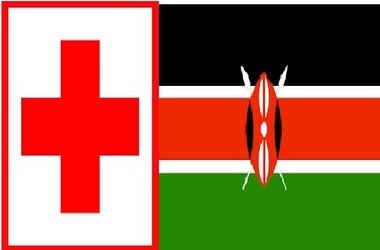
Despite various methods adopted to successfully support poor people, there are always instances where local economies face difficulty due to lack of funding on time.
To resolve the issue, the Red Cross societies of Norway, Kenya and Denmark have unveiled a two-year plan to deploy blockchain-based ‘local currencies’ to boost trade within the exploitable communities.
In general, Red Cross spends over $1 billion in cash or vouchers to aid people residing in disaster prone region. Through the use of blockchain, the NGO believes that it can offer slum occupants and villagers in Kenya a way to net digital credits for their job. These credits can be redeemed for domestic goods and services.
The Red Cross intends to establish a credit loop within the communities. Instead of handing over cash in a straight forward manner, they intend to assist villagers to turn self-reliant and overcome natural calamities such as drought, which are recurring events in the country.
The objective is achieved through the use of an app on a phone with simple features to transfer credits, with all transfers being recorded on a blockchain. The Danish Red Cross rep explained that the system functions similar to the popular M-Pesa mobile transfer facility in Keyna, but without a need for the receiver to hold Kenyan shillings.
The system had been trialed successfully in Kenya and Ethiopia, resulting in economic growth. Since credits are offered for work or sale of produce, the offered aid is spent several times, causing a big boost to the economy. The Red Cross is widening the endeavor in Kenya, with plans to launch in Malawi, Zimbabwe, Myanmar, Papua New Guinea and Cameroon. The ultimate aim is to hit 320,000 users in the next two years.
In 2018, the International Federation of the Red Cross and Red Crescent Societies (IFRC) partnered with the Kenya Red Cross Society (KRCS) to trial a blockchain open-loop payments endeavor in Isiolo Country, Kenya. Blockchain assisted in documenting the assistance offered to the region and paved way for an increase in accountability and transparency for the disbursement.
Two months back, UNICEF introduced a fund for crypto donations. The fund facilitates the UN to accept, hold and disburse crypto donations. Notably, in the US headquartered Kiva has introduced a blockchain platform to develop digital identities of Sierra Leone citizens. Likewise, Red Cross is also working on a digital identity venture with Evernym and four more NGOs. The ‘ID for Good Initiative’ intends to store and monitor the assistance offered to exploitable communities.